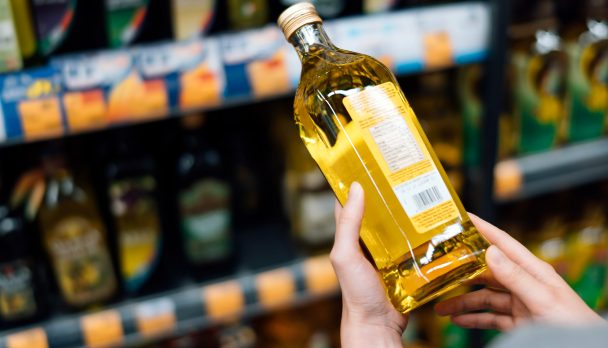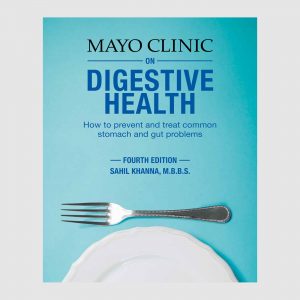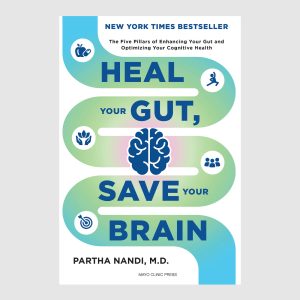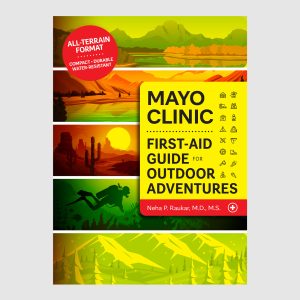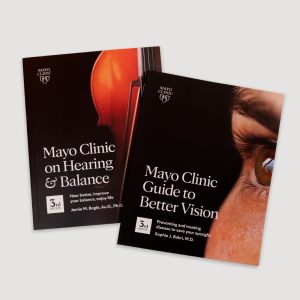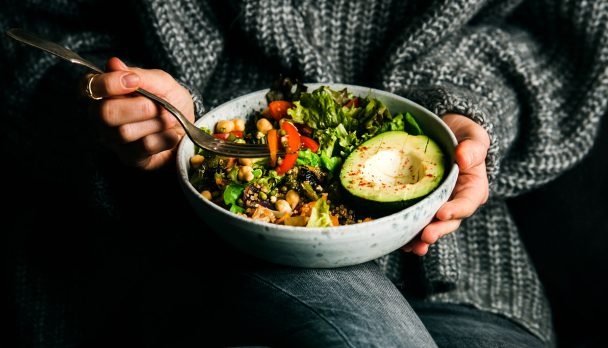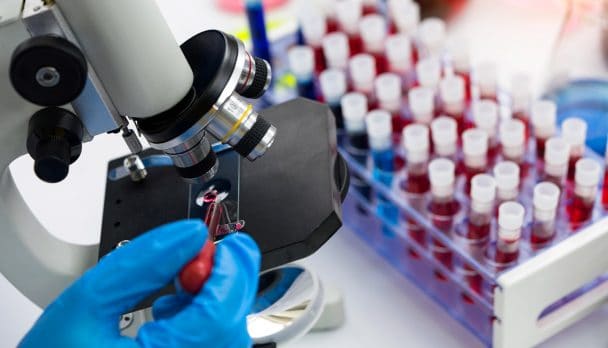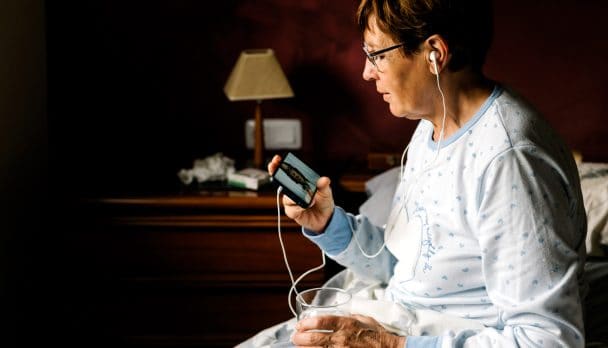
Your phone dings. A calendar notification appears reminding you of your fasting blood test appointment later in the morning. Of course this reminder comes just as you’re swallowing the last bite of your breakfast: eggs on toast with a cup of coffee.
What now? Do you cancel? Lie about it? (It was only one piece of toast!) Go anyway, but lay your soul bare and confess?
This is a common conundrum, made more fraught by busy schedules. Here’s some advice for the most common fasting lab tests that people are likely to have.
Blood sugar, also called glucose
A fasting blood glucose test is used to screen for diabetes. Blood glucose goes up after eating any food, but a small, low-carb meal (think scrambled eggs) causes less increase than something sugary like a doughnut. Same thing for drinks. Black coffee won’t affect blood glucose much, but a large mocha with an extra pump of syrup makes blood glucose jump. Any amount of a low-calorie beverage, such as water, tea, coffee or diet soda, is generally fine.
A nonfasting blood glucose test — called random glucose on your lab report — also can be used to screen for diabetes. Random glucose is not quite as good as a fasting level for detecting diabetes, but if you make it clear that you ate before the blood draw, the results can be interpreted according to what’s usual for nonfasting glucose.
Cholesterol
Fasting lipid panels — tests measuring certain fats in the blood, such as cholesterol — are often used to determine risk for certain forms of heart disease. In the lipid panel, the only tests that are affected by eating beforehand are triglycerides and low-density lipoprotein (LDL) cholesterol, the “bad” cholesterol. Triglyceride levels can go up shortly after eating, especially with rich or fatty foods. LDL cholesterol is calculated from other lipid panel components including triglycerides. Therefore, higher postmeal triglycerides can affect the LDL cholesterol calculation. Total cholesterol and high-density lipoprotein (HDL) cholesterol, the “good” cholesterol, aren’t affected much by recent food choices. Fortunately, there are now large studies showing that nonfasting lipid panels are adequate for screening most people. Even if you do eat, the results will likely give your healthcare team a good idea of your heart disease risk.
Iron, phosphorus, folate and other tests
There are a few other tests for which fasting is recommended because substances being measured can be present in common foods or supplements, such as multivitamins. Some examples of these tests include iron, phosphorus and folate, also called vitamin B-9. Most foods won’t affect these test results unless they contain a lot of what’s being measured. But vitamin supplements are a different story. The amount of each vitamin present in supplements can range from a small amount to many times the Recommended Dietary Allowance. This is also true for amounts in other products, such as energy or health drinks, which often have large amounts of B vitamins or other added vitamins. These can definitely affect test results.
Eating before a blood-draw often isn’t a catastrophe
For most people, eating before fasting labs is much more of an oops than a catastrophe. Still, let your healthcare team know if you ate before a blood draw. Things get a bit more complicated for people with certain medical conditions. For example, people with diabetes should check with their healthcare teams and read the prelab instructions carefully. Fasting might not be recommended for individuals using long-acting insulin or other diabetes medications. If there is concern about conditions such as vitamin deficiency or malabsorption, then definitely let your care team know if you accidentally ate before a lab draw.
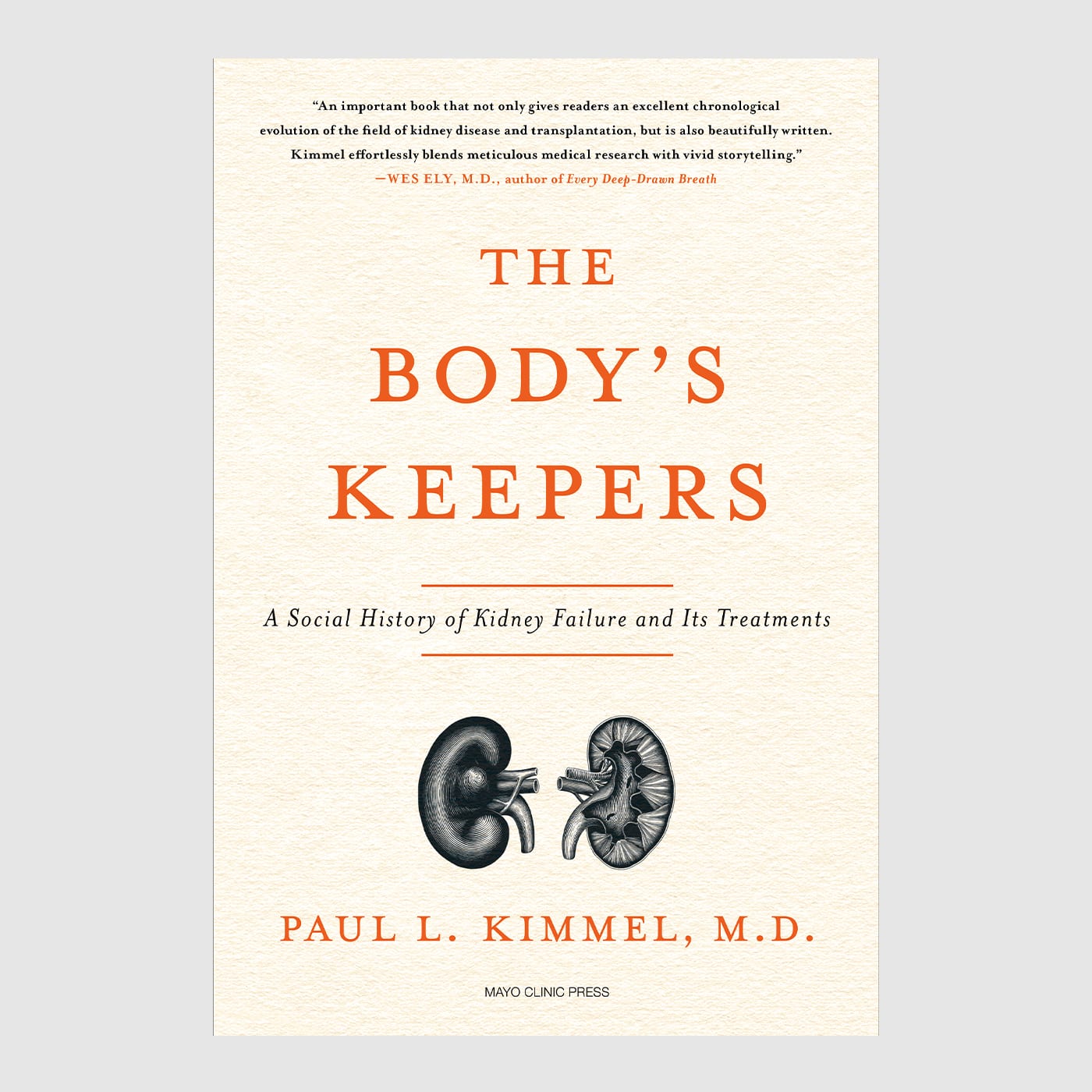
Relevant reading
The Body's Keepers
Renowned nephrologist Dr. Paul Kimmel takes us on an eye-opening journey through the history of kidney disease, dialysis, and transplantation. Drawing on both his extensive research and decades of experience in the field, he explains the development of treatments, technologies, and medical practices that have advanced the care of patients with kidney disease.





